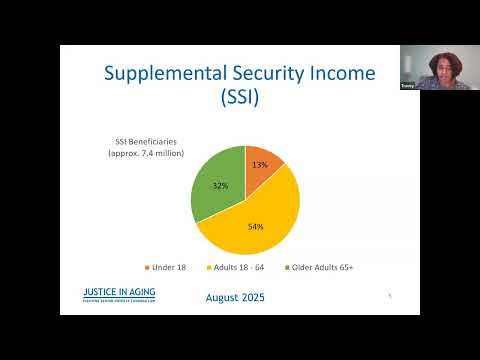
On the Occasion of National Family Sexual Education Month, Krueger Calls Upon State Senate to Pass Healthy Teens Act
Liz Krueger
October 9, 2006
New York—Calling the refusal of the Republican-controlled State Senate to pass the Healthy Teens Act "irresponsible to the health and well-being of New York's young adults," New York State Senator Liz Krueger reiterated calls for the act's passage, on the occasion of National Family Sexual Education Month.
New York does not mandate sexual education in schools, instead allowing for a system in which school districts decide for themselves if and what they want to teach. The Healthy Teens Act would establish an age-appropriate and medically factual sex education grant program through the Department of Health that would authorize the Commissioner to "determine certain topics of instruction and makes provisions for the application of grants."
According to the Bill's Memo, "The Legislature has learned that New York state's teen pregnancy rate is 67.1 per 1000 female 15-19 year olds, falling short of the public health expectation set by the Surgeon General."
"With 40% of high school students becoming sexually active before graduation, they are learning important health information far too late in the game," Krueger said.
The legislation (A.6619/S.5121) passed the Assembly in 2005 and 2006. It died in the Senate the first time and was held up by the Health Committee in the recent legislative session.
The program would enable school districts, school-based health centers, BOCES and community organizations to apply for grants to develop and implement programs that provide students with real sex education. Schools would be able to develop curricula that best suit their students' needs and:
Include a strong parental involvement component encouraging family communication;
Promote self-esteem and teach skills to make responsible decisions about sexuality including how to avoid sexual advances;
Stress the value of abstinence while not ignoring the needs of those who have become sexually active;
Provide medically accurate information about STI and pregnancy prevention including information about contraceptives.
"This is life-changing information," Krueger declared. "Some say we should not teach age-appropriate, medically factual information to our children in school. However, once they leave school we have lost the opportunity to get this vital information into their heads so they can make life-long responsible decisions about their health."
According to a 2005 poll by the National Campaign to Prevent Teen Pregnancy, 90 percent of parents say they don't know how to talk to their kids about sex even as the American Academy of Child & Adolescent Behavior says, "It is important to talk about the responsibilities and consequences that come from being sexually active. Pregnancy, sexually transmitted diseases, and feelings about sex are important issues to be discussed… Helping children understand that these are decisions that require maturity and responsibility will increase the chance that they make good choices."
A new report by the NYC Health Department and Department of Education found that nearly one in 10 girls, including both those sexually and non-sexually active, were infected with Chlamydia or gonorrhea. Other studies indicate that the highest rates of gonorrhea are among 15-24 year olds, more than 4 times the average rate of the entire population.
"These statistics show that the lack of comprehensive, age-appropriate, sex education has real consequences. Yet, when we have the opportunity to do this in a thoughtful, responsible way, we don't," Krueger said.
"We are failing to teach our children self-responsibility," Krueger concluded. "High school hallways are filled with talk about sex--much of this information is completely wrong. It is time we move that discussion out of the hallways and into a classroom where trained professionals can provide our kids with the ammunition they need to protect themselves."
-30-


